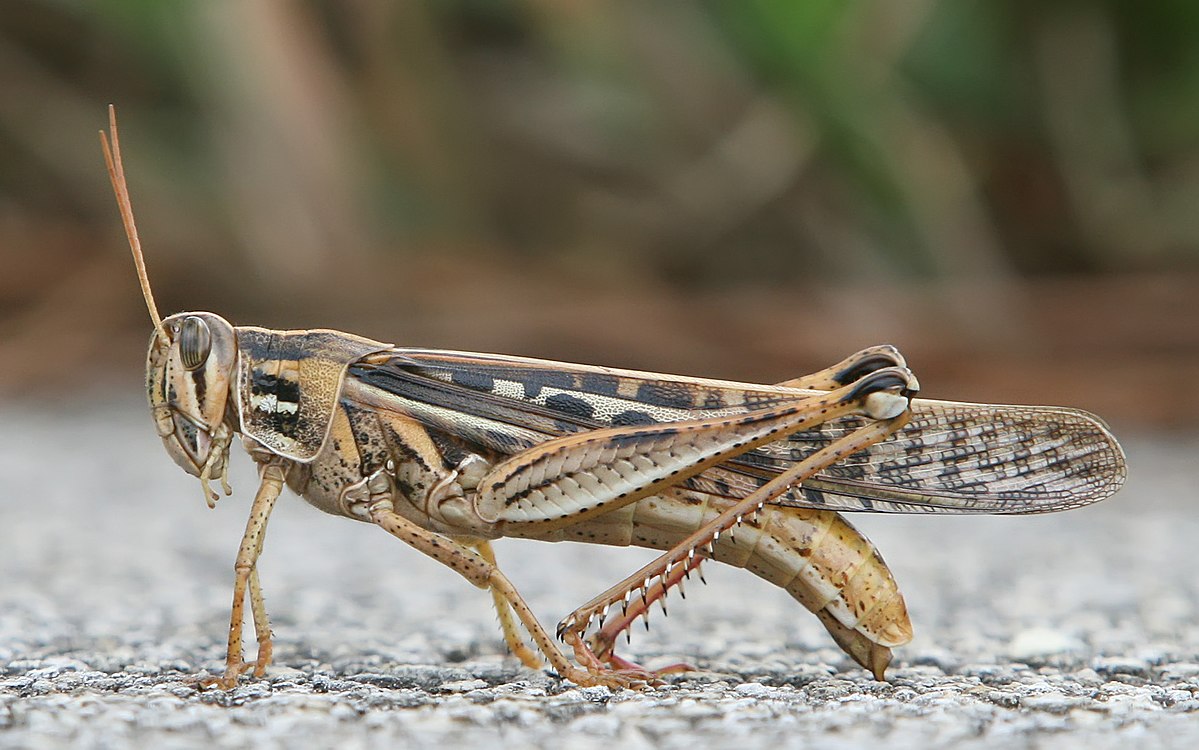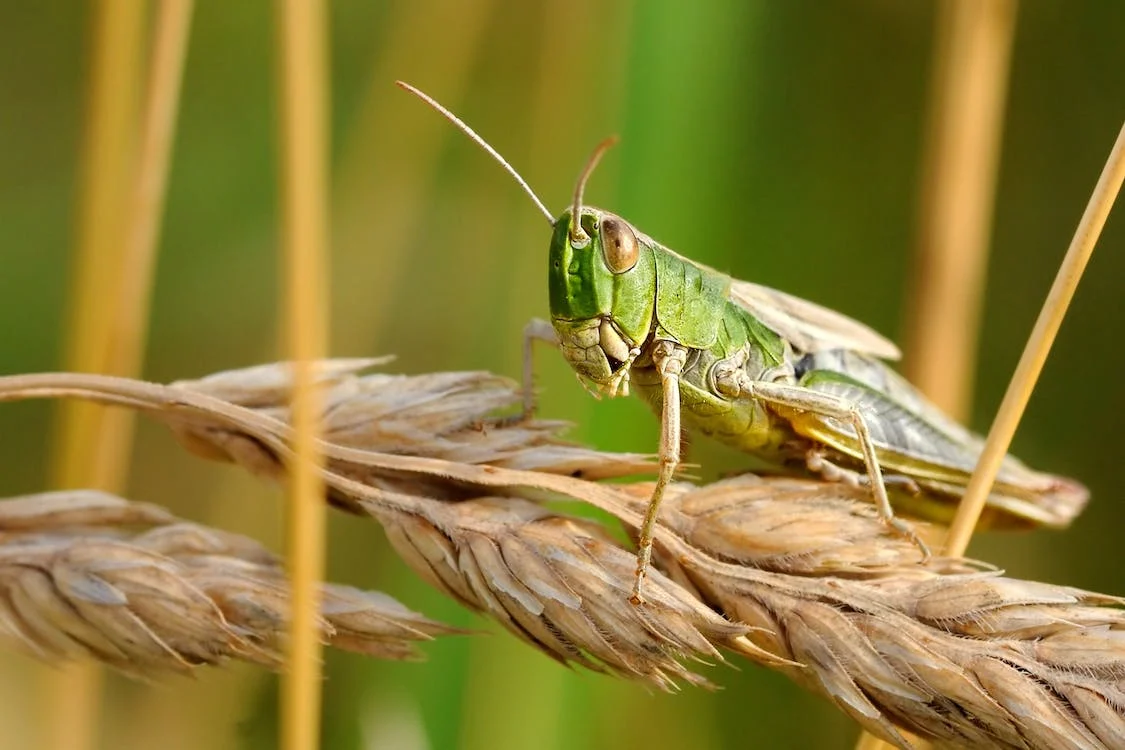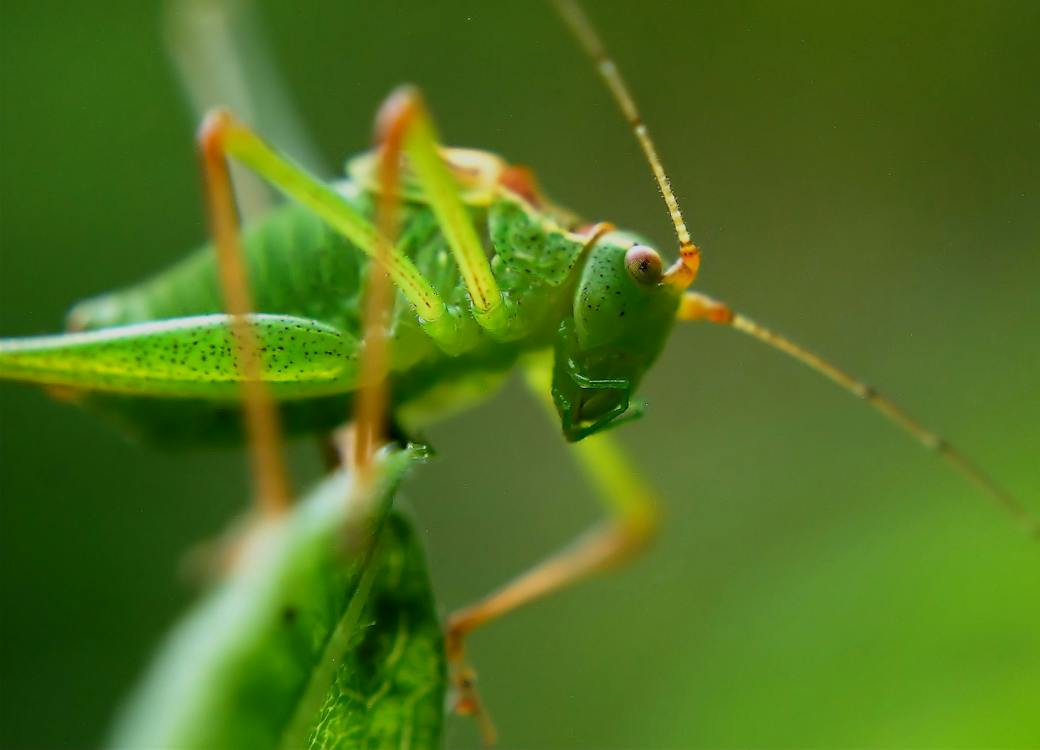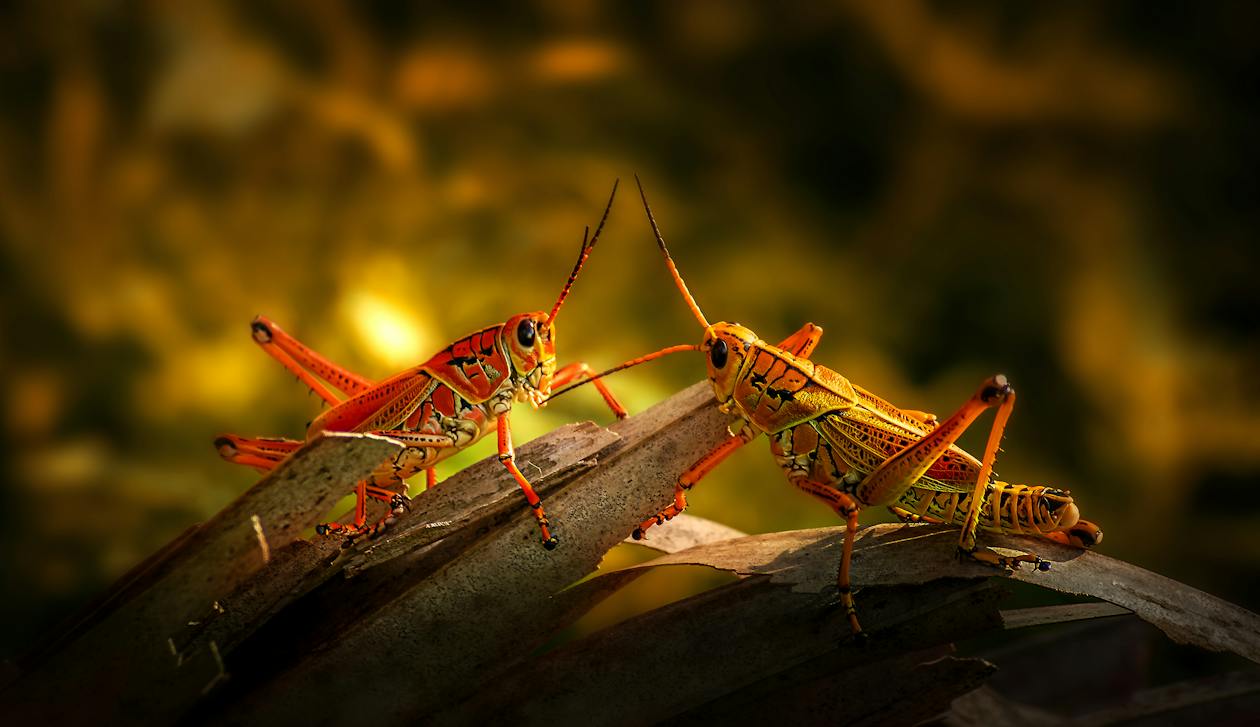Ever wonder what fuels those tiny, jumping insects called grasshoppers? They’re more than just garden residents. They’re herbivores, having a diverse dietary habit that revolves exclusively around plant-based food. So, let’s delve deeper into the question – What Do Grasshoppers Eat?
Grasshoppers and Their Herbivore Nature

Grasshoppers are related to crickets, cockroaches, and katylids, each one having different dietary preferences. However, all species of grasshoppers share an affinity for plant matter. This is why you’ll frequently find them vibing in gardens, enjoying a peaceful existence amongst grass, and blooming flowers. Being flexible eaters, they even peel off stems off plants.
Why Do Grasshoppers Eat What They Eat?

Feeding mainly on vegetation, grasshoppers enjoy a wide array of plants including:
- Grass blades
- Garden vegetables
- Flowering plants and their stems
Their less picky eating habits help them to survive. Their ability to fly and walk ensures access to food sources. Even in lean times, they branch out and feast on trees and shrubs, proving their adaptability.
Grasshoppers: The Farmers’ Foe

The grasshopper, harmless as it may seem, can be a real problem for farmers. These insects, especially when in swarm groups, can wipe out entire crops leaving a barren field in their wake. The favorites that farmers dread losing the most are corn and alfalfa. They have also been known to munch on barley, wheat, oats, carrots, lettuce, and beans.
Damages Caused by Grasshoppers
While the solitude-loving individual grasshopper may not cause significant damage, swarms of these insects may result in serious financial losses for farmers. This is due to their ability to feast voraciously, consuming their body weight in food in less than 24 hours. To give you an idea, the amount of grass a cow consumes in a square yard over 10 acres equals what about eight grasshoppers take in!
How to Deal With Grasshopper Infestations

If your garden or farm is bearing the brunt of a grasshopper infestation, fret not. Most gardening centers or pest control agencies can provide efficient solutions. With the advancement in organic products, it’s become easier to wade off swarms without resorting to toxic chemicals.
Understanding what grasshoppers eat helps us understand why they infest certain areas and how to handle them. This aids in preserving not only our gardens but also our agricultural economy.
Related Resources: